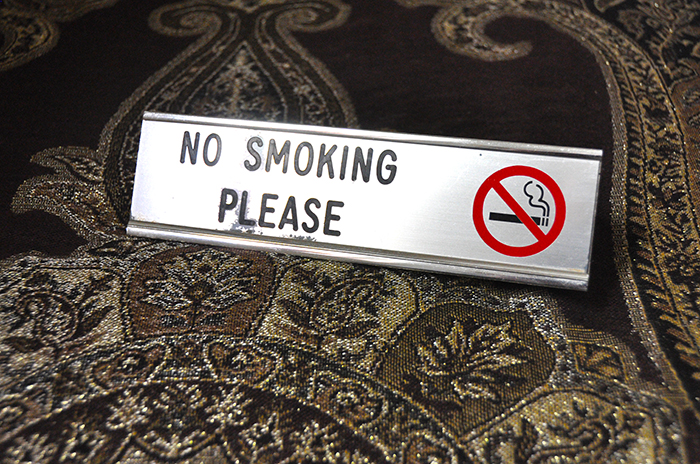Cigarette smoking is the leading preventable cause of death in the United States and yet nearly four million adults over the age of 65 continue to smoke in America. They know smoking is harmful but many believe it’s too late for quitting to make a difference. However, research shows that regardless of age, stopping smoking can lessen the risk of death from illness related to smoking such as lung cancer, heart disease, stroke and COPD (chronic obstructive pulmonary disease).
It is never too late to reap the benefits of quitting smoking. According to the Centers for Disease Control, after only 20 minutes following smoking cessation, heart rate drops to more normal levels and within 12 hours, carbon monoxide levels in the blood also return to normal. By anywhere between two weeks and three months after quitting, the risk of heart attack decreases and lung function starts to improve. One year after quitting, the risk of heart disease is half that of a smoker’s and after five years, the risk of stroke may be lowered to that of a non-smoker.
Besides the obvious health risks, cigarettes are also a huge drain on the bank account. A pack-a-day habit costs more that $2,000 a year. Smoking also creates wrinkles and yellowing of teeth and fingers. These are a few strategies to help adults quit smoking; talk with your doctor to learn more about successful smoking cessation programs.
Help To Kick the Habit
- Nicotine Replacement Therapy – Patches, gum etc. Follow the instructions to wean off nicotine.
- Stock a good supply of smoking substitutes – sugar-free gum, carrots, mints, flavored toothpicks.
- Start the day with exercise to relieve restlessness, agitation
- Drink plenty of water
- Stay away from smoking triggers such as alcohol, switch up your routine.
To learn more about quitting smoking over the age of 50, visit: http://smokefree.gov/sites/default/files/pdf/clear-horizons-accessible.pdf .
For more information about the benefits of quitting, check out the CDC website at: http://www.cdc.gov/tobacco/data_statistics/fact_sheets/cessation/quitting/index.htm#methods






Add Your Voice
0 Comments
Join the Discussion